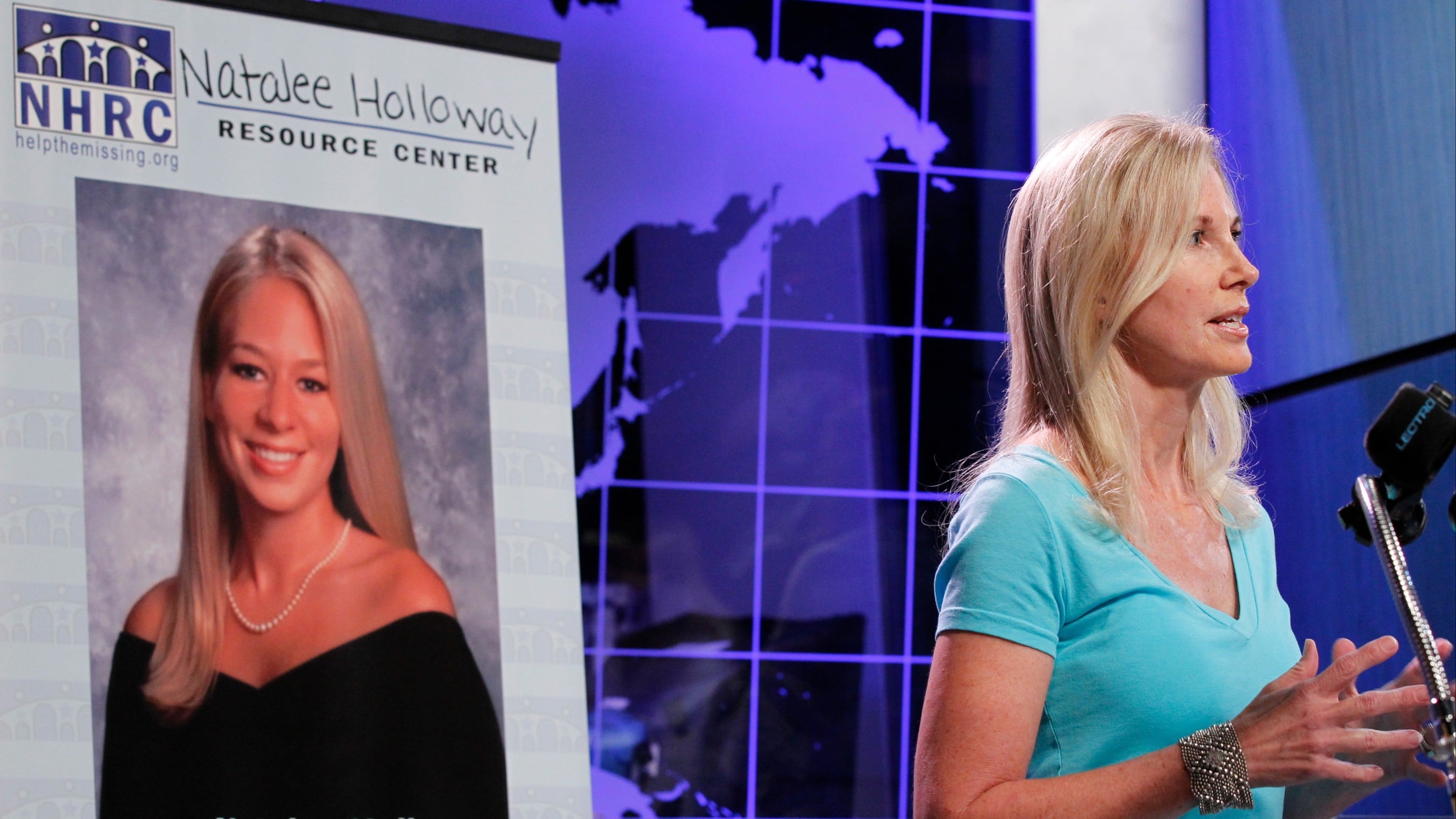*By Max Godnick* If you're searching for hook-ups on social media or via dating apps, you're probably doing it wrong. Young people are having less sex [according to the latest cover story in The Atlantic](https://www.theatlantic.com/magazine/archive/2018/12/the-sex-recession/573949/), and technology is contributing to the generational dry spell. According to the Centers for Disease Control, only 41 percent of high-school students reported having had sex in 2015 compared to 51 percent in 1991. In 2014, the average American had sex 54 times a year, down from 62 times in the late 1990s. From economic stress to a rise in anxiety rates, researchers have pegged the decline on a variety of potential factors. But like most everything at the core of millennial sociology ー social media and technology might be to blame for the so-called "sex recession." "It seems like they would make things easier, and for some people they do, but they don't work they don't work that well for a lot of people," Kate Julian, senior editor at The Atlantic, said of dating apps Thursday in an interview on Cheddar. "They can be demoralizing and inefficient." She pins part of the problem on the gamification of online dating ー people report using apps like Tinder for upwards of an hour and a half a day, not to find a potential partner but instead, "for an ego boost or for a diversion," Julian said. "They're not necessarily following through on it with real-life interactions." And then, there's porn. According to Julian, researchers aren't quite sure how the rise in pornography led to a drop in sex, but it's undoubtedly a factor. "We can say that over the period of time that digital porn has existed, people have reported masturbating a lot more," she explained. Online porn isn't only causing young people to have less sex ー it's also making sex worse. "Porn may be changing the way people are having sex to some extent," Julian said. "There are a lot of things that are prevalent in porn that maybe your average person doesn't want to experience," she added citing practices popularized in porn like non-consensual choking. "It really didn't want to make them come back for more." But some people are still getting luckyー and possibly even in record numbers. Julian acknowledged that the sweeping statistical analysis may not reflect the experiences of individuals whose sex lives have been helped by the destigmitazation and digitization of sex. "Some people very well may be having more sex than ever and there's some data that suggests that, we're just talking about averages," she said. For full interview [click here](https://cheddar.com/videos/the-atlantic-explains-why-young-people-are-having-less-sex).












